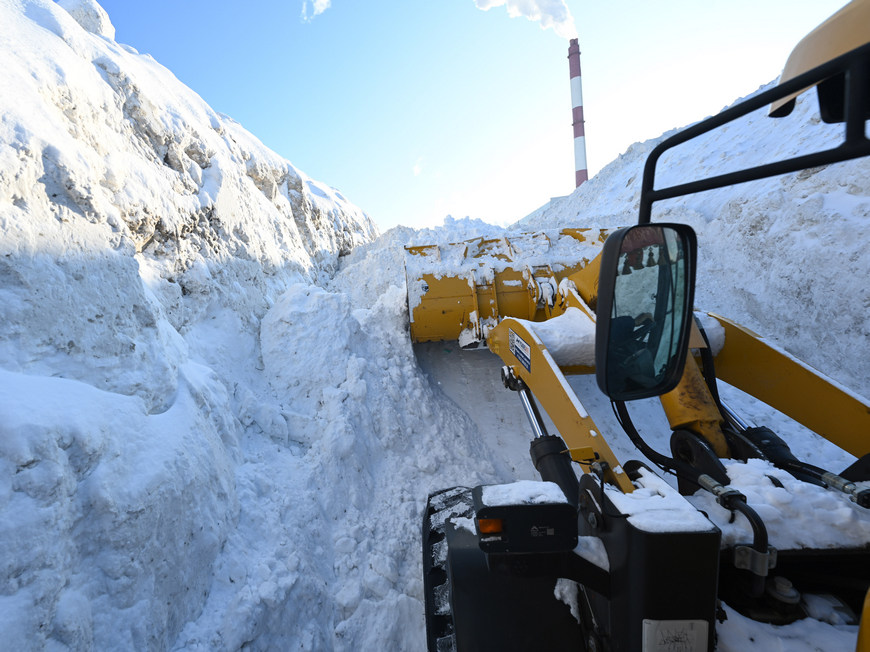A session on sustainable urban
development took place at the Kazanysh International Architectural and
Construction Forum. Ilsur Metshin spoke about the ongoing urban initiatives
related to the sustainable development agenda.
The Mayor noted that 8 billion people live in cities. Current
urbanization trends indicate that by 2050, another 3 billion people will live
in cities, increasing the urban share of the global population to two-thirds.
«Kazan is not an exception. We see that in recent years, the population
of our hospitable, beautiful, culturally rich, dynamic, and comfortable city
has grown. No doubt, we are happy about this. At the same time, it also means
an additional strain on many city systems», – the Mayor noted.
He added that such a level of urbanization requires a sustainable approach
to urban development, therefore, it is essential to develop strategies that
take into account socio-economic and environmental factors.
Therefore, in 2024, Kazan team together with experts and local
communities began to develop a 2030 strategy for sustainable development, with
a vision of 2040 in mind.
The Mayor drew attention to the fact that a separate waste collection
system is being implemented in Kazan, alongside with the creation of
landscaping objects from recycled plastic. One of Russia's most technologically
advanced wastewater treatment plants operates here. Thanks to thermomechanical
treatment technology, sludge is transformed into granules.
Principles of sustainable development are also successfully implemented
in the renovation of yards and public spaces.
«The active participation of citizens is also important. The involvement
of residents in environmental initiatives greatly enhances the impact of
ongoing activities. We have a challenging goal to change the mindset and
behavior of citizens, and our first helpers in this task are children», –
emphasized the Mayor.
Valeria Marshalova, director of the KOMANDA Strategic Management Agency,
identified three main areas that Kazan focuses on - environmental well-being,
people and communities, and economics and management.
She cited results from a 2024 survey: 79% of residents believe their
contribution to the city's ecology is important and their actions influence the
situation.
